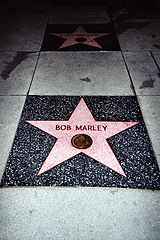Bit rate: 256 kps
LINK: psyclone
| 1. Used to the Truth | |
| 2. Spend the Night | |
| 3. Change of Heart | |
| 4. Every Beat | |
| 5. Come Undone | |
| 6. Stumbling | |
| 7. Love and Devotion | |
| 8. Mirror of Your Soul | |
| 9. Just a Man | |
| 10. Fooling Yourself | |
| 11. Tears | |
| 12. Going Down Alone | |
| 13. Because You Wanted It |
.












